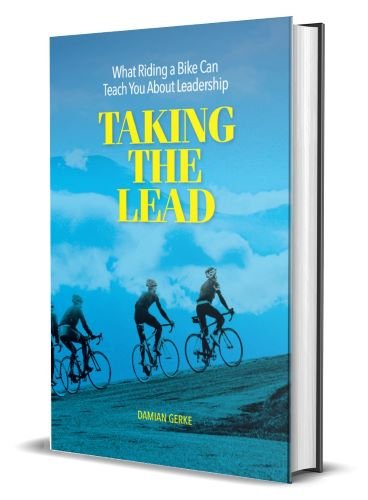What Commuting Taught Me About Leadership – Stay Humble
Recently I left a job at a great company but with a long daily commute. This is the final entry of a 7-post series on things I learned about leadership on those long and tedious hours on the road.
– – – – –
I believe I’m a reasonably accomplished driver. It’d be easy to relax and not work at improving my driving skills, based on miles I’ve driven and the success I’ve demonstrated at dodging other drivers’ poor decisions.
Yet I must face the facts. There are still times I’ve started to change lanes unaware that someone was in my blind spot, or turned a corner roughly or braked sooner—or later—than I could have.
If I don’t face those facts, I’ll start thinking I don’t need to get better. Which leads to thinking I can’t get any better. Which tells me that I’m better than anyone else. Then I’m convinced that accidents only happen to other people. Which leads me to believe that accidents can’t happen to me. Then I stop using my skills. Then I get careless. Then I’m a bad driver—who still thinks he’s a good driver.
Scary.
“If I don’t face those facts, I’ll start thinking I don’t need to get better.”
And Your Point Is…?
The only way we can get better is to believe that we can get better.
So What?
I have a favorite leadership development mantra: You can’t get better by continuing to do what you’re already good at. It’s easy to over-leverage what has made us successful, whether that’s experience, personality, intelligence, tenacity … whatever.
“You can’t get better by continuing to do what you’re already good at.”
But to borrow Marshall Goldsmith’s perfectly titled book, What Got You Here Won’t Get You There, all those success-generating traits have a ceiling, a limit. Overusing them can make us think we’re a good leader, when we’re really just riding the wave of past success.
This creates blind spots, where we miss opportunities to lead more effectively. And it won’t prepare us for the leadership challenges to come.
“Overusing them can make us think we’re a good leader, when we’re really just riding the wave of past success.”
This requires a level of humility, and a dispassionate, objective view of ourselves. All with a sense of self-acceptance (i.e. my value isn’t based on my performance), coupled with a drive to improve (to fulfill our potential).
The Big Picture
It might seem odd to pair personal development with humility, but there’s a very strong correlation. People who aren’t humble aren’t hungry to learn and grow; there’s no incentive to get better. It takes humility to recognize you have untapped potential.
Your Next Step
Get someone who knows you and has your best interests in mind to reveal how you can improve. Do a 360-leadership assessment. Get a coach. But above all: Believe that you can get better.
Then never stop trying.
Want more leadership insights?
Check out:


